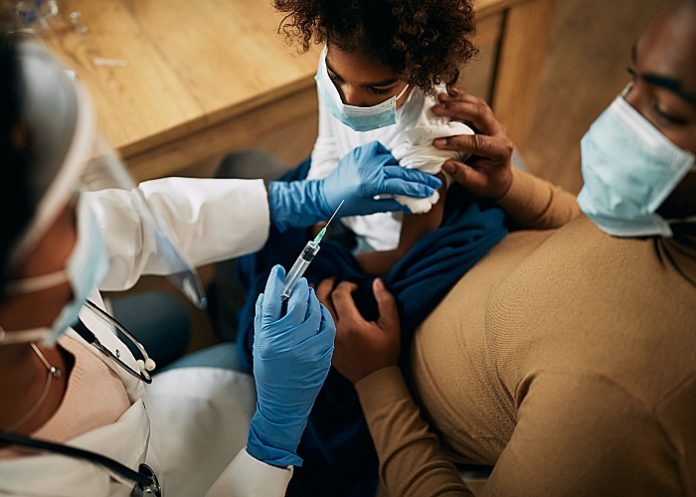As regards allowing children to be vaccinated without parental consent, “it may not be as advisable to drive a wedge between children and their parents as the Department of Health appears to believe”, writes Advocate Mark Seale SC, on Daily Maverick.
“Caution should be exercised in providing medical treatment to children and when this is proposed without parental participation or consent, it must be understood that the children require special assistance to make informed decisions. Without proper safeguards there are potentially far-reaching legal consequences for implementing this policy.”
Seale was responding to the announcement by Dr Nicholas Crisp, acting DG of the Department of Health, that children aged 12 to 17 can be vaccinated in South Africa with or without parental consent.
Seale said that Crisp was correct, in principle, by referring to the legal framework permitting those children to make certain medically related decisions for themselves, and – while he alluded to limitations contained in what he called the “sub clauses” of the Children's Act – his general proposition is correct only insofar as it goes.
“He does not seem to appreciate, however, that the sub clauses (and the general law) impose substantial limits on the government’s power to vaccinate children, particularly without the knowledge or the express consent of their parents.” Consent, he says, is not simply consent.
The two essential components to the giving of consent to medical treatment includes the complex notion of informed consent; and the child must have certain attributes pertaining to his/her mental capacity insofar as this relates to understanding the benefits, risks, social and other implications of the treatment, which must be evaluated before the consent can be obtained.
“Whether informed consent is achieved will depend upon the pre-treatment discussion between what is envisaged to be the unassisted child patient and the medical health professional administering the vaccine.”
Seale says the department is setting up its employees for failure. They will be faced with litigation from parents who will, with some justification, be able to assert that the consent was not the legally required informed consent, and that the vaccine was illegally administered. This could lead to professional disciplinary proceedings and to criminal charges of assault.
“If there are negative side effects, this will have financial consequences for the Health Department, which is already facing damages claims running into the billions. In this context, one wonders whether the department would really wish to attempt to impose its will on the children of SA – 3m of them by the end of the year – to the exclusion of their parents,” he says, adding government might wish to reconsider its “dismissive” approach to parental participation.
See more from MedicalBrief archives:
ACDP and lobby group plan application to block vaccination of children
Phaahla’s move on jabs for 12-year-olds without parental consent ruffles feathers
Pfizer vaccination ‘highly effective’ against Delta in adolescents — Israel study
FDA committee endorses Pfizer-BioNTech vaccine for 5- to 11-year-olds
Moderna interim results show that its low-dose vaccine works for 6-11-year-olds

